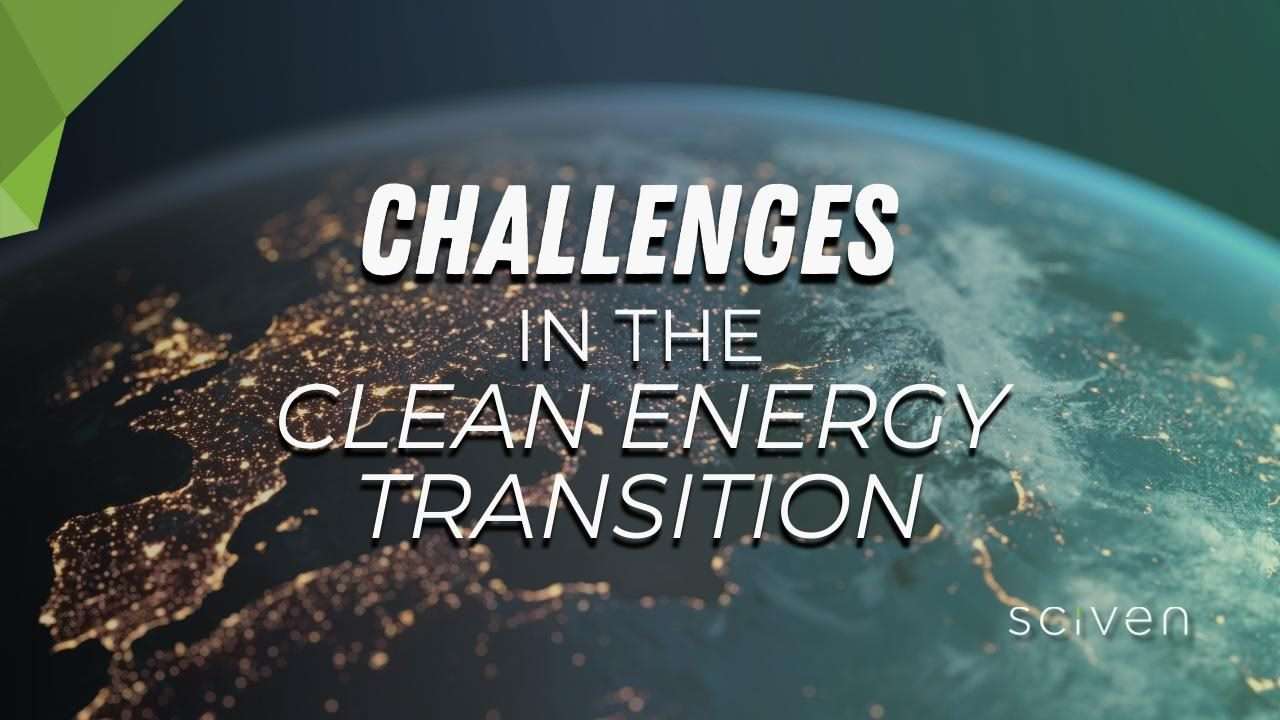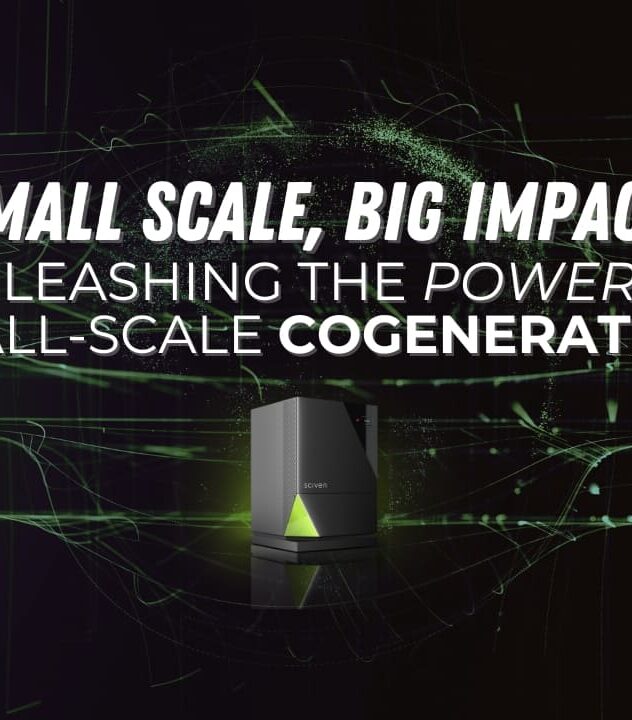
Challenges in the clean energy transition
Last week, SCIVEN attended the Portugal Renewable Energy Summit, organized by APREN – Associação Portuguesa de Energias Renováveis, and we’re excited to share key insights and takeaways, particularly focusing on the challenges and solutions in the clean energy transition and adoption.
Renewable Energy Forms and Challenges
Renewable energy today comes in various energy forms: Solar, Wind, Ocean, Geothermal, Hydropower, and Biomass. However, the transition to these clean energy sources faces several challenges:
High Capital Expenditure (CAPEX): The initial investment for renewable energy projects can be substantial, posing a financial barrier.
Community Involvement: Effective community engagement is crucial yet often challenging, impacting project acceptance and success.
Technical Complexity: Renewable projects often involve intricate technical aspects, requiring specialized expertise.
Manual Processes and Response Times: Many processes in the renewable sector are still manual, leading to inefficiencies and slow response times.
Supply Chain and Infrastructure Gaps: There’s a lack of a significant and mature production industry for critical first-tier components, and gaps in port infrastructure limit maritime accessibility
Vessel and Material Availability: The unavailability of vessels for offshore wind projects and critical materials like steel, copper, and rare elements, coupled with a lack of a mature transformation industry, poses significant challenges.
Solutions and Measures
Awareness and Financial Incentives: Promoting renewable energy projects through awareness campaigns and offering financial or fiscal incentives.
Digitalization and Automation: Implementing online platforms and automating processes like license analysis and issuance, and ensuring interoperability with relevant entities.
Process Simplification and Standardization: Streamlining submission processes and making forms more accessible.
Knowledge Dissemination: Spreading knowledge across various sectors and countries to foster a broader understanding and acceptance of renewable energy.
Opportunities in the Sector
Despite the challenges, there are significant opportunities:
Existing Industry Strengths: Portugal has a strong industry base in mooring systems, power cables, metalworking, and electrical skills, although capacity gaps exist.
Production of Second-Tier Components: Utilizing the metalworking and electrical industry for less complex sub-components production.
New Industry Development: The globally underdeveloped industry in certain areas presents opportunities for new players and unique solutions.
Material Recovery: Focusing on the recovery of materials and components from end-of-life equipment to reduce material needs and import dependency.
Energy as a Service (EaaS) as a Key Solution
The significant CAPEX can be effectively navigated through the Energy as a Service (EaaS) model. EaaS allows for the deployment of our solutions without the burden of high upfront costs, making renewable energy more accessible and feasible for a wider range of users and sectors.
In conclusion, the transition to renewable energy, while challenging, presents numerous opportunities for innovation, collaboration, and sustainable growth. SCIVEN is committed to being at the forefront of this transition!
#PRES2023 #NZIA #CleanEnergy #EnergyTransition #EnergyEfficiency




